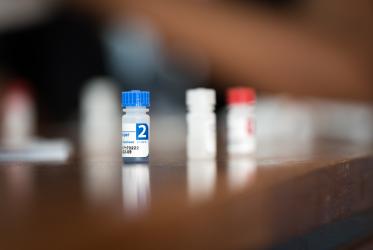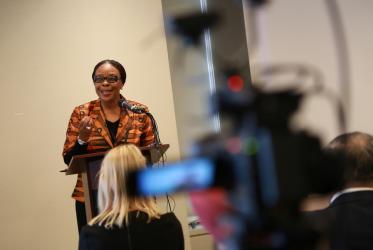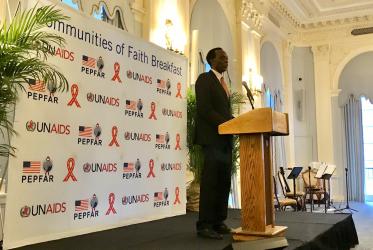Displaying 1 - 20 of 24
In Zambia, foreign investors complicate “economy of life”
06 September 2017
GEM School: integrating theology and economics
05 September 2017
Zambia: “On HIV, we do not compete. We work together.”
20 October 2016
Kenya: Voice of faith communities crucial in overcoming HIV
14 October 2016
Land rights focus of panel discussion
17 November 2015
Los derechos sobre la tierra tema de una mesa redonda
17 November 2015
Churches have a special role to play in HIV response
18 November 2014







